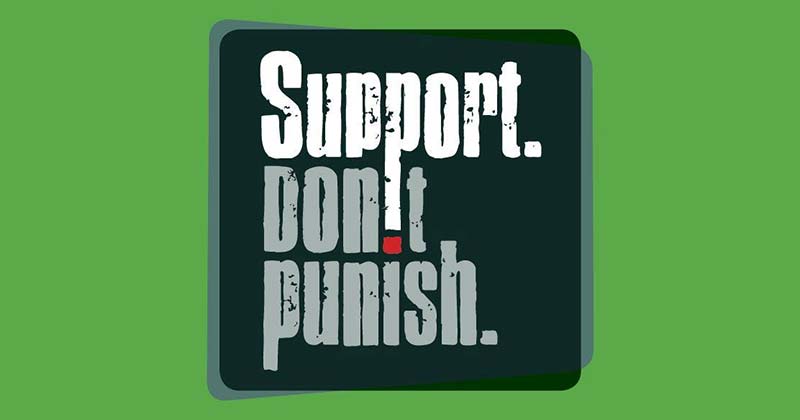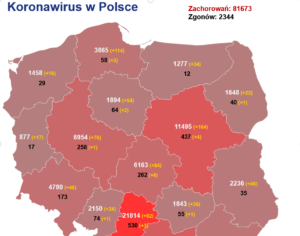- People who deliberately spread falsehoods about vaccines on social media may deter large numbers from getting vaccinated, costing lives.
- However, there is divided opinion on whether lawmakers should criminalize such activities in the same way as incitement to violence, for example.
- Opponents argue that such a move would be counterproductive and breach individuals’ right to freedom of speech.
Since the development of the first vaccine in the late 18th century, vaccination has been an outstanding success story of modern medicine.
Vaccines have protected entire populations from potentially fatal infections, including smallpox, influenza, polio, measles — and now COVID-19.
According to the World Health Organization (WHO), between 2010–2015 alone, vaccines prevented at least 10 million deaths.
But despite these past successes, misinformation about the new COVID-19 vaccines is rife on social media. Medical News Today recently debunked 13 myths about them, including that:
- they cannot be safe because researchers developed them so quickly
- they can alter DNA
- they contain “location-tracking microchips”
A recent survey in the United Kingdom found that people who obtain health information from social media sources, such as YouTube, are less willing to be vaccinated against COVID-19.
Despite the harm they cause, many people spreading false or misleading information about vaccines do so inadvertently and with good intentions. The falsehoods they spread are referred to by many as “misinformation.”
By contrast, a vocal minority create anti-vaccine content that they know to be false, which is classed as “disinformation.”
The BMJ recently published a “Head to Head” article in which two scientists argued for and against criminalizing vaccine disinformation.
Melinda Mills, a professor of demography and sociology at the University of Oxford in the U.K. and director of the university’s Leverhulme Centre for Demographic Science, acknowledges that false information about vaccines comes in many forms.
The groups who spread it range from “anti-vaccine libertarians” who want to protect civil liberties to “concerned parents and health-conscious people,” Prof. Mills writes.
But, she argues: “The freedom to debate, and to allow the public to raise legitimate vaccine concerns to fill the knowledge void, should not extend to causing malicious harm.”
She concludes that governments should consider criminalizing people who “intentionally hurt others” by spreading false information online.
Prof. Mills is a member of the U.K. government’s Scientific Advisory Group for Emergencies and its subgroup, the Vaccines Science Coordination Group.
She notes that France, Germany, Malaysia, Russia, and Singapore have all passed laws against spreading fake news and health disinformation.
In Germany, for example, social media organizations must remove hate speech or fake information within 24 hours or face fines of up to €50m ($60.4m).
Social media companies, such as Facebook, argue that, unlike newspapers, TV, and radio, they are platforms rather than publishers and therefore have minimal responsibility to vet posts. Prof. Mills contends that legislation is consequently needed to force companies to self-regulate and police content.
“We need to decide whether social media companies are publishers,” she writes.




